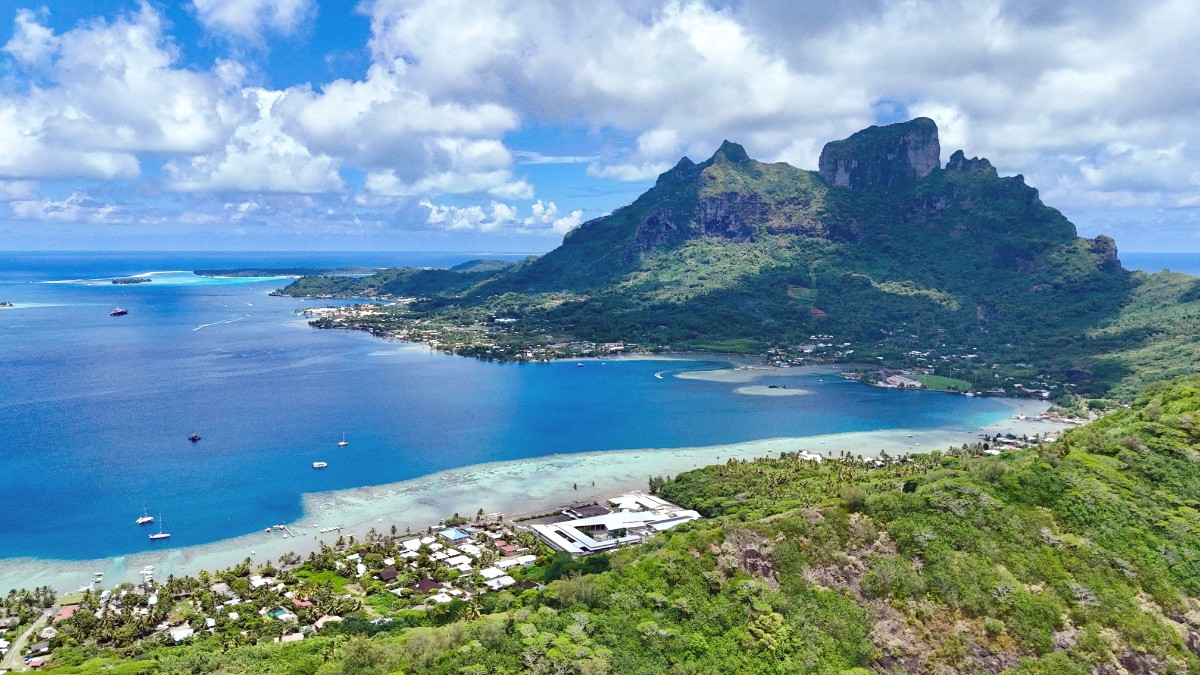
Tahiti And French Polynesia
The entire lagoon of Bora Bora functions as a fragile ecosystem, with efforts to protect coral reefs and marine life.
Waste disposal presents a challenge on small islands. Minimizing plastic use is a positive contribution.
Freshwater resources are precious. Conscious water usage, like shorter showers, is appreciated.
Engaging with local culture respectfully enriches your travel and supports local traditions.
Always ask for permission before taking photos of locals, especially children or during cultural performances.
Be discreet and respectful with your photography. Avoid intrusive photography that makes people uncomfortable.
Look for resorts and tour operators dedicated to sustainability, indicated by certifications or policies.
Choose products and services that align with responsible tourism values, minimizing your ecological footprint.
Consider purchasing carbon offsets for flights. Many airlines offer this option. Terrapass is a carbon offset provider.
Learn MoreIf donating, do so through established local charities. This helps aid distribution and supports community projects. The Rainforest Site supports conservation.
Support CausesEngage with local guesthouse hosts. They often share insights into Polynesian culture and daily life, enriching your experience.
Responsible travel involves recognizing and positively contributing to the local economy of Bora Bora.
Seek out and support guesthouses (pensions) and local tour operators. These businesses are often family-owned.
When purchasing souvenirs, especially black pearls, buy from reputable and certified sources.
Your choices contribute directly to the well-being of the Bora Bora community and its natural environment.
Supporting eco-certified operators encourages practices that protect Bora Bora's delicate marine ecosystems for future generations.